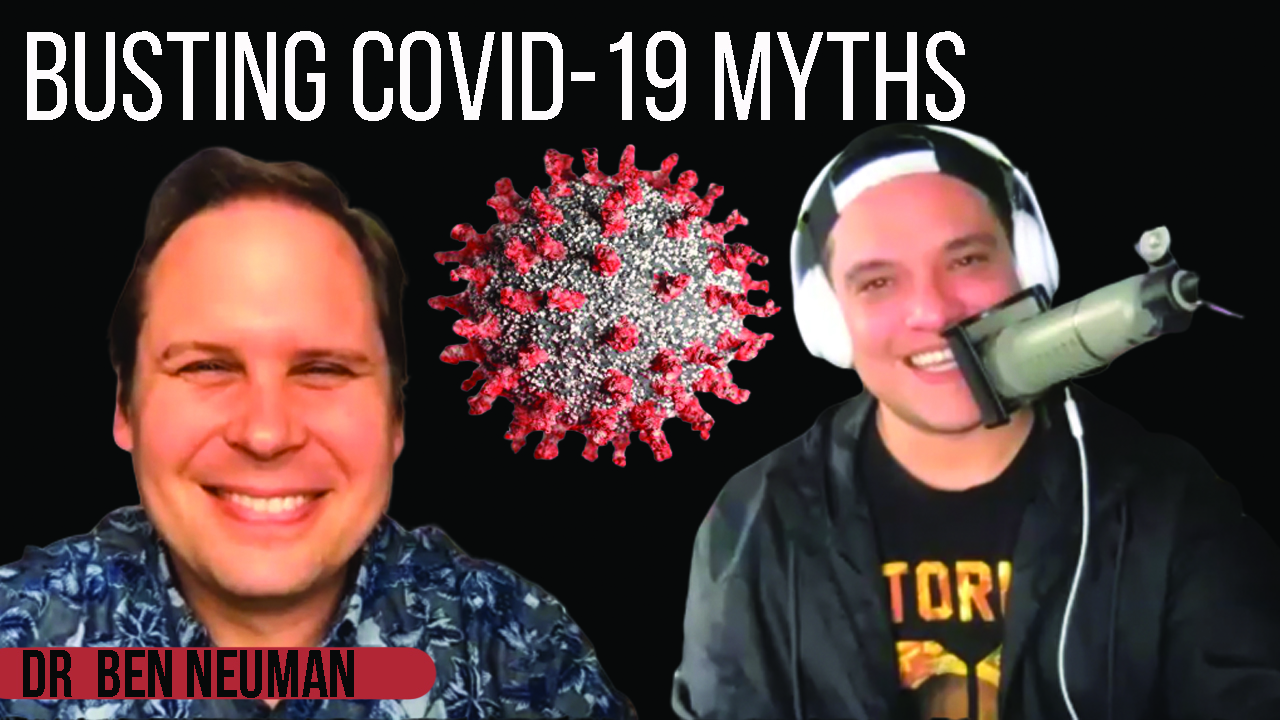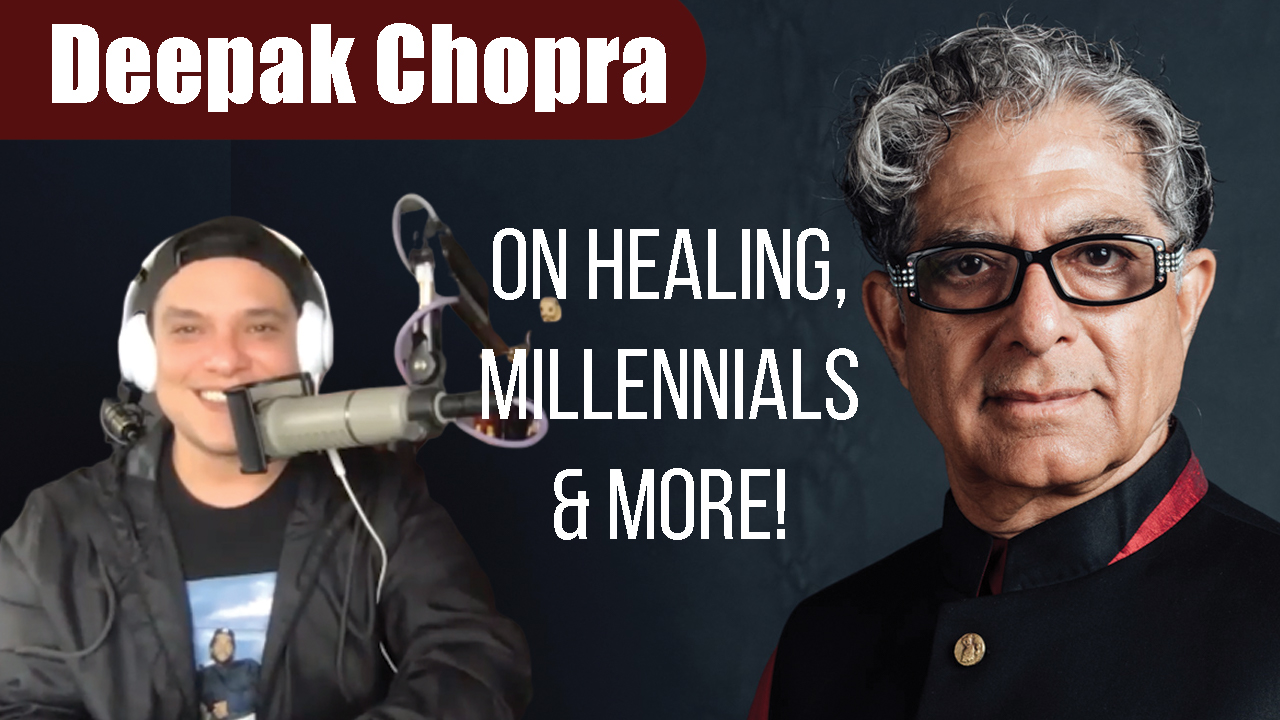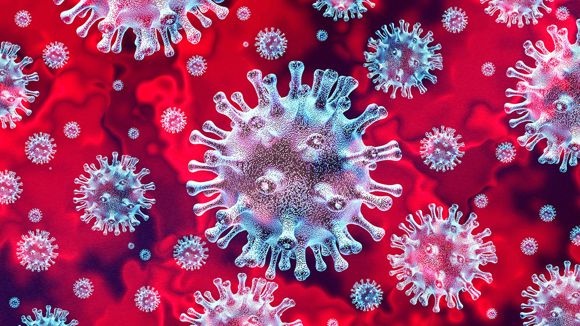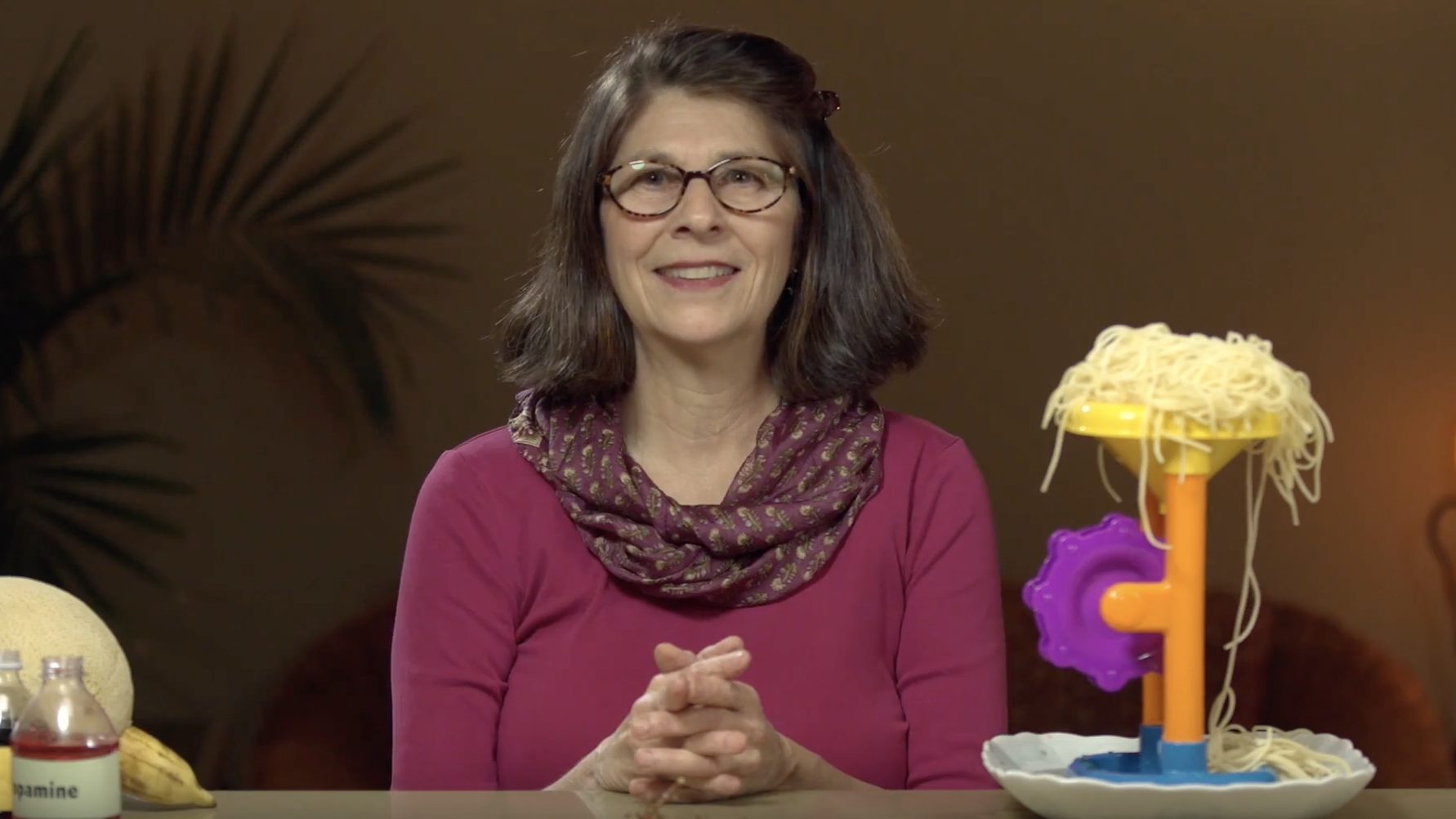 What is anxiety? What are the symptoms of an anxiety attack?
What is anxiety? What are the symptoms of an anxiety attack?
Over 40 million people in the United States alone suffer from it. It can leave you completely debilitated, yet there’s still a lot of public mystery surrounding it. What is anxiety exactly?
People commonly use the word anxiety referring to something that makes them uncomfortable. While it is generally true that anxiety will make one uncomfortable, there are a list of measurable symptoms both physically and mentally that must be met to actually be diagnosable as anxiety. In this article, we dive in to answer the question: what is anxiety?
What Is Anxiety?
Anxiety is defined by the American Psychological Association (APA) as an emotion characterized by feelings of tension, worried thoughts and physical changes like increased blood pressure. Clinically, it is a general term for several nervous disorders characterized by a state of excessive uneasiness and apprehension, typically with compulsive behavior or panic attacks.
An anxiety disorder is an umbrella term that includes numerous anxiety related conditions. For a diagnosable anxiety disorder, symptoms typically have to be recurring, cause distress and impede function. A few of the major anxiety disorders are: Generalized Anxiety Disorder, Panic Disorder, Obsessive Compulsive Disorder, Social Anxiety Disorder and virtually every phobia.
Symptoms of an Anxiety Attack
There are typically both physical and mental symptoms that one would feel during an anxiety or panic attack. The physical symptoms include:
*Pounding heart
*Stomach upset
*Heavy breathing / shortness of breath
*Muscle tension
*Dizziness
*Sweating
*Shaking or trembling
The mental or emotional symptoms include:
*Irritability
*Concentration problems
*Feelings of apprehension or dread
*Looking for signs of danger
*Feeling tense
*Feeling jumpy
*Anticipating the worst
What Causes Anxiety?
Anxiety comes from one of or a combination of the following things:
*Genetics
*Brain Chemistry
*Medical Issue
*Environmental factors
*Use of withdrawal from drugs or alcohol
There is not yet science that has conclusively proven exactly why one person has anxiety and another doesn’t. We do know that it can come from one of the things we listed, or a combination of them. Long term, scientists will be able to isolate exactly what genes or brain chemistry gives someone anxiety. Short term, it is more important for those suffering that the management of the symptoms is taken care of rather than why the person has them in the first place.
Can Anxiety Be Treated?
Anxiety can absolutely be treated. The two treatments for anxiety are:
*Psychotherapy / Cognitive Behavioral Therapy
*Medication
Cognitive Behavioral Therapy (CBT) is typically the preferred method for treating anxiety. CBT works based on the two components in its name. Cognitive therapy looks at how negative thoughts (cognitions) contribute to ones anxiety. Behavioral therapy looks at how you behave in situations that trigger your anxiety. CBT uses both of these to help retrain your brain through changing your thought patterns and the behaviors around them.
Medication can be given for short term or long term use. It is highly recommended that medication is used in conjunction with CBT. Anxiety medications are typically given by a psychiatrist who will determine which medicine is right for you. You may often have to try different medications over time to find the one that works for your specific body chemistry.
Managing Symptoms of Anxiety
There are numerous studies that show evidence that the following things are helpful in managing anxiety symptoms.
*Meditation
*Exercise
*Mindfulness
*Distraction
Typically, these would be used in conjunction with cognitive behavioral therapy and potentially medication. There are many, many ways to help you manage anxiety. There are even anxiety apps that can help you. There are even natural ways to alleviate anxiety. No matter how you go about it, you should always consult with your therapist or psychiatrist on the best course of action for you.
If you have an anxiety disorder, there is absolutely no reason for you to not be able to live a happy, healthy, full life. Just as if you had diabetes, having an anxiety disorder means that you will have to take steps to manage your anxiety.
If you suffer from anxiety, we’ve created a 30 Day Anxiety Challenge to teach you 30 different ways to manage your anxiety. The only commit you’ll make is the commitment to challenge yourself to complete all 30 days of the program. It will only take a few minutes out of your day, but can potentially reward you with a lifetime of relief. The 30 Day Anxiety Challenge is absolutely free and always will be. Sign up now for the 30 Day Anxiety Challenge.















8 thoughts on “What Is Anxiety & What Are The Symptoms”